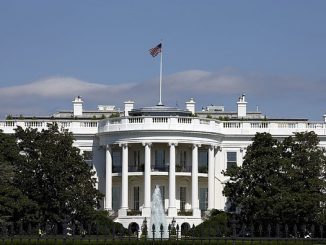
Baird has shifted its stance on Rivian Automotive (RIVN), adjusting its rating from ‘Outperform’ to ‘Neutral’ and lowering the price target from $18 to $16. This reassessment reflects Baird’s outlook on the evolving challenges within the electric vehicle (EV) and renewable energy sectors, particularly influenced by uncertainties surrounding the Inflation Reduction Act (IRA) and anticipated growth dynamics in 2025.
The downgrade comes at a time when Rivian, like many players in the EV industry, faces a complex landscape. The Inflation Reduction Act, intended to boost clean energy and EV adoption through various incentives, has introduced both opportunities and uncertainties. While the act promises tax credits for EV buyers, the specifics of how these will apply or be modified under future administrations introduce a level of unpredictability that impacts investment and operational strategies.
Baird’s analysis suggests that the future for Rivian isn’t as rosy as previously thought, especially with the potential changes in regulatory frameworks and market conditions. The EV sector is bracing for a tougher environment where consumer demand might not grow as expected due to economic factors or policy shifts. Additionally, Rivian’s growth projections for 2025 are viewed with caution by Baird, indicating a more conservative approach to their market performance.
Rivian has been striving to scale production, innovate with models like the R1T and R1S, and secure its place in a competitive market. However, the broader industry is contending with supply chain issues, fluctuating commodity prices, and now, potential policy changes that could affect the profitability of EVs. The IRA, while offering incentives, also places stringent conditions on sourcing and manufacturing, which could complicate Rivian’s expansion plans if not navigated carefully.
Moreover, the transition to renewables and electric vehicles is not just about technology but also about consumer behavior, infrastructure development, and regulatory support. Any shift towards less favorable policies or delays in infrastructure could dampen the growth trajectory for companies like Rivian. Baird’s downgrade hints at these broader market dynamics, where not only Rivian but the entire EV sector might face a period of adjustment in the near term.
For Rivian, this downgrade serves as a reminder of the volatile nature of the industry it operates in, where external factors like legislative changes can significantly impact business models. The company’s focus will likely need to pivot towards cost efficiencies, strategic partnerships, and perhaps recalibrating expectations around growth and market penetration. As Rivian navigates these waters, the coming years will be crucial in determining whether it can adapt swiftly to the evolving market conditions or if it will require a more extended period to realign its strategies with the new environmental and economic realities.
Price Action: Rivian shares are currently trading at $14.03, marking a decline of $0.67, or 4.56%, during the intraday session. The stock has faced significant headwinds over the past year, resulting in a loss of 40% of its value.
- Bulenox: Get 45% to 91% OFF ... Use Discount Code: UNO
- Risk Our Money Not Yours | Get 50% to 90% OFF ... Use Discount Code: MMBVBKSM
Disclaimer: This page contains affiliate links. If you choose to make a purchase after clicking a link, we may receive a commission at no additional cost to you. Thank you for your support!




Leave a Reply